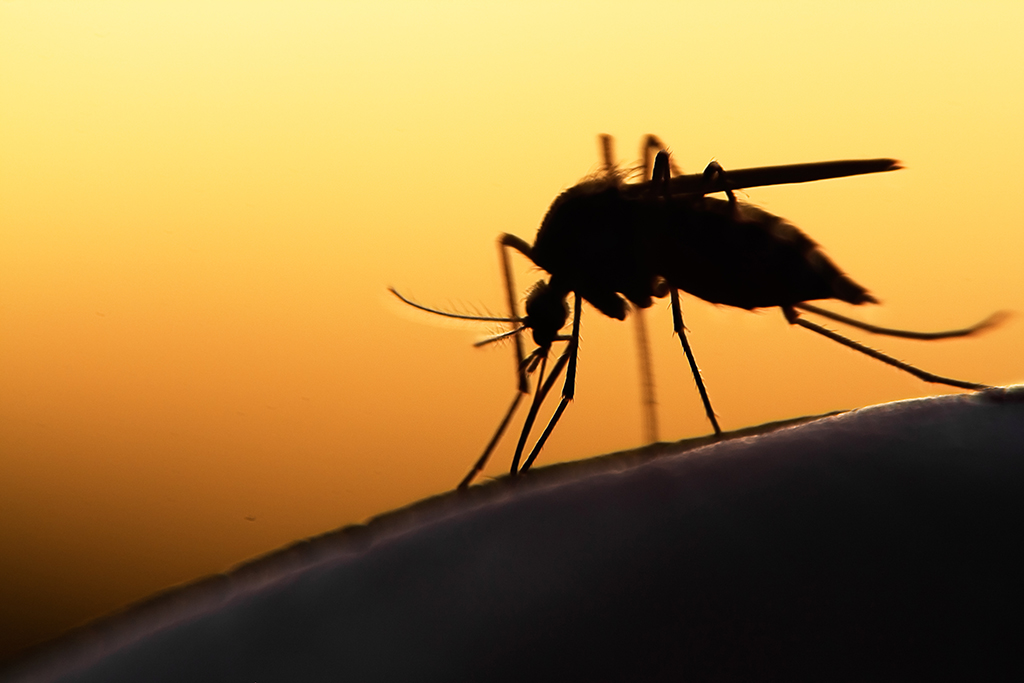Researchers unveil the mechanism behind malaria sugar uptake
Researchers from SciLifeLab, among them SciLifeLab Fellow Lucie Delemotte (KTH), and Stockholm University have unveiled the mechanism behind the malaria parasite sugar uptake, something that could be useful in the hunt for new drugs.
Malaria is responsible for killing almost half a million people every year, according to the WHO. The Malaria parasite (Plasmodium falciparum) needs, as most living organisms, glucose to survive. The details of the protein channel responsible for this glucose transport, across the cell membrane, has now been revealed in a recent study published in the scientific journal Nature.
“By elucidating the atomic structure of the sugar-transporting-protein PfHT1, we can better understand how glucose is transported into the parasite”, says David Drew, Wallenberg Scholar at the Department of Biochemistry and Biophysics and leading the study at Stockholm University, in a press release from Stockholm University.
The main goal of the study was to gain basic knowledge about the biological process itself but at the same time invest the possibilities for the development of new antimalarial drugs. By blocking the sugar channel the growth of the malaria parasites could be haltered.
“It’s a long process from a compound with antimalarial activity to a drug that can be taken in the clinic. However, with this knowledge one can improve known antimalarial compounds so that they are more specific to the malarial transporter, so they do not have the side-effect of stopping sugar transport into our own cells. As such, this knowledge increases the likelihood that more specific compounds can be developed into a successful drug”, says David Drew.
Even though humans and malaria parasites have evolved separately for millions of years the mechanisms of the malaria glucose transport is similar to the ones in the human brain.
“This conservation reflects the fundamental importance of sugar uptake – basically, nature hit on a winning concept and stuck with it”, says David Drew.
There are exceptions, however. The Malaria parasite is more flexible and can also import other sugars, such as fructose. This flexibility can give the parasite a survival advantage when glucose is unavailable.
“Every biochemistry student is taught about the process of sugar transport and it is exciting to add another important piece to this puzzle”, says Lucie Delemotte (SciLifeLab/KTH), Associate Professor of Biophysics, who was involved in the project.





